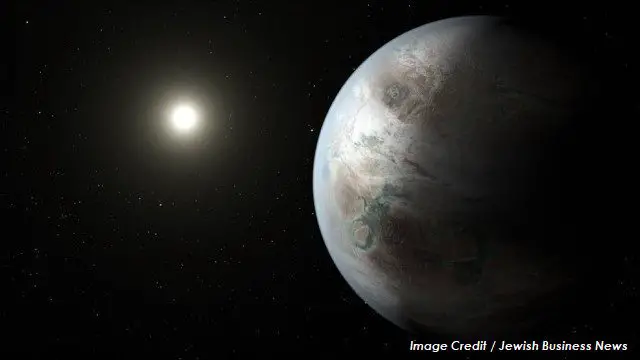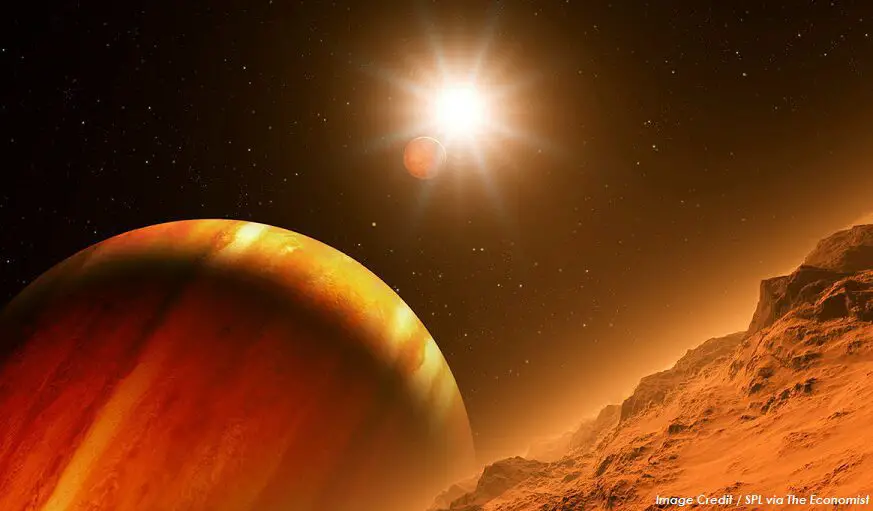Are there people like us in other solar systems in other galaxies in the finite universe? This question seems a contradiction to the Biblical point of view regarding the first man and woman in the world and the universe. To answer this question, we need to dig deeper and unfold the mystery of the universe.
Solar systems
Wikipedia provides us a clear meaning and estimate of a solar system. Experts and scientists define that a solar system is the gravitationally bound system of the sun and the planetary and space objects that orbit it, either directly or indirectly. The largest objects that revolve around the sun are the eight planets. However, there have been other objects that orbit the sun. These objects are smaller ones known as the dwarf planets and small solar system bodies. Moreover, scientists estimate that there may be tens of billions of solar systems in our Milky Way galaxy, perhaps even as many as 100 billion. If this condition is true, then there will be many habitable planets for any living creatures to exist.
Galaxies
In the finite universe, scientists can estimate and project 200 billion to two trillion galaxies in the observable universe. Within these galaxies, there can be billions of solar systems. The largest galaxy in the universe is known as IC 1101, a supergiant elliptical galaxy at the center of the Abell 2029 galaxy cluster. This largest galaxy appears to be the largest known galaxies. However, scientists think that space astronauts or space travelers cannot travel to another galaxy. According to the present logic of physics, objects cannot pass through the speed of light within space-time. It would mean that people could not travel to any other galaxy since it would take millions of earth years through conventional space flight. Readers can think of different galaxies, such as Andromeda, Andromeda 1, Messier 63, Messier 81, Messier 82, Whirlpool, Large Magellanic, Small Magellanic, Black Eye, Sombrero, and many others including our Milky Way.

Universe
Again, Wikipedia as an open cyclopedia defines the universe as everything of space and time including its contents, such as planets, stars, galaxies, and all other forms of matter and energy. The question if many universes exist demands further emphasis on evidence and data sources for explanation. By definition, the universe can be many if people think they exist outside the commanding power of the telescope. We call it the multiverse. However, if people think that the universe is one, then there can only be one universe. On the contrary, one thing is sure. In one universe, there have been billions of galaxies and billions of solar systems. Because of this definition and description, scientists cannot escape the truth to question whether or not we are alone in the universe. Well, NASA has close answers to that question. In one galaxy, there have been plenty of solar systems with habitable zones. These habitable zones contain elements and requirements of planetary materials like water, oxygen, and more to contain life forms. In this case, we surely are not alone in the universe.
Exoplanets
NASA now is doing its final mission, its last frontier, to discover the unknown. It then exerts much effort to explore some exoplanets within the habitable zones. They work hard to unfold the mystery of these exoplanets as they become candidates for human colony and expansion. Earth may not stay forever, as the star may die on its own. Regardless of the ending of the world, NASA and other international space agencies are doing their best to explore the vastness of space for human expansion and survival.
References
Choi, C. Q. (2017). Solar System Facts: A Guide to Things Orbiting Our Sun. Retrieved July 23, 2020, from https://www.space.com/56-our-solar-system-facts-formation-and-discovery.html
NASA. (2020). How many solar systems are in our galaxy? Retrieved July 23, 2020, from https://spaceplace.nasa.gov/
The Economist. (2018). Exoplanets should have exomoons. Retrieved July 23, 2020, from https://www.economist.com/science-and-technology/2018/10/04/exoplanets-should-have-exomoons








